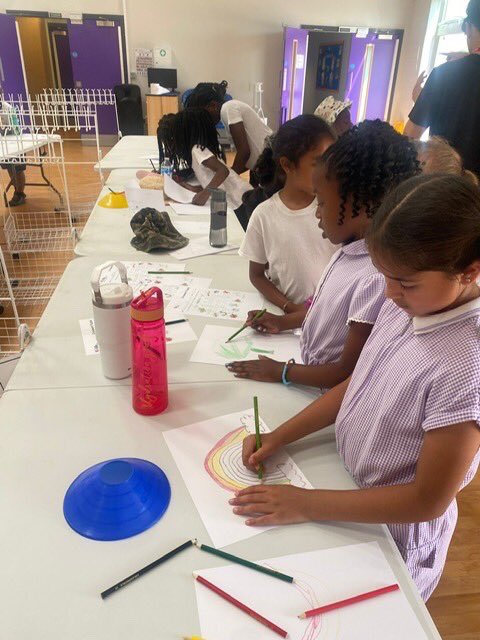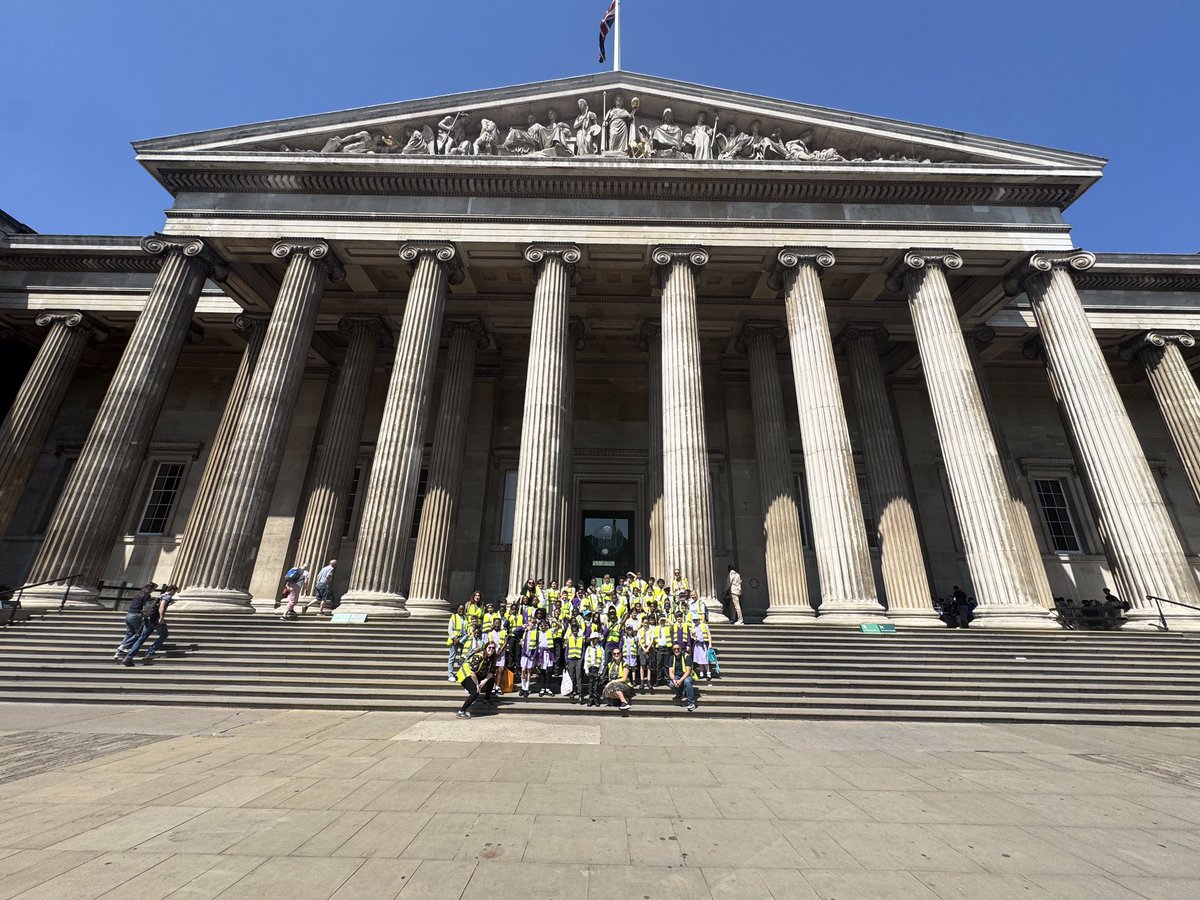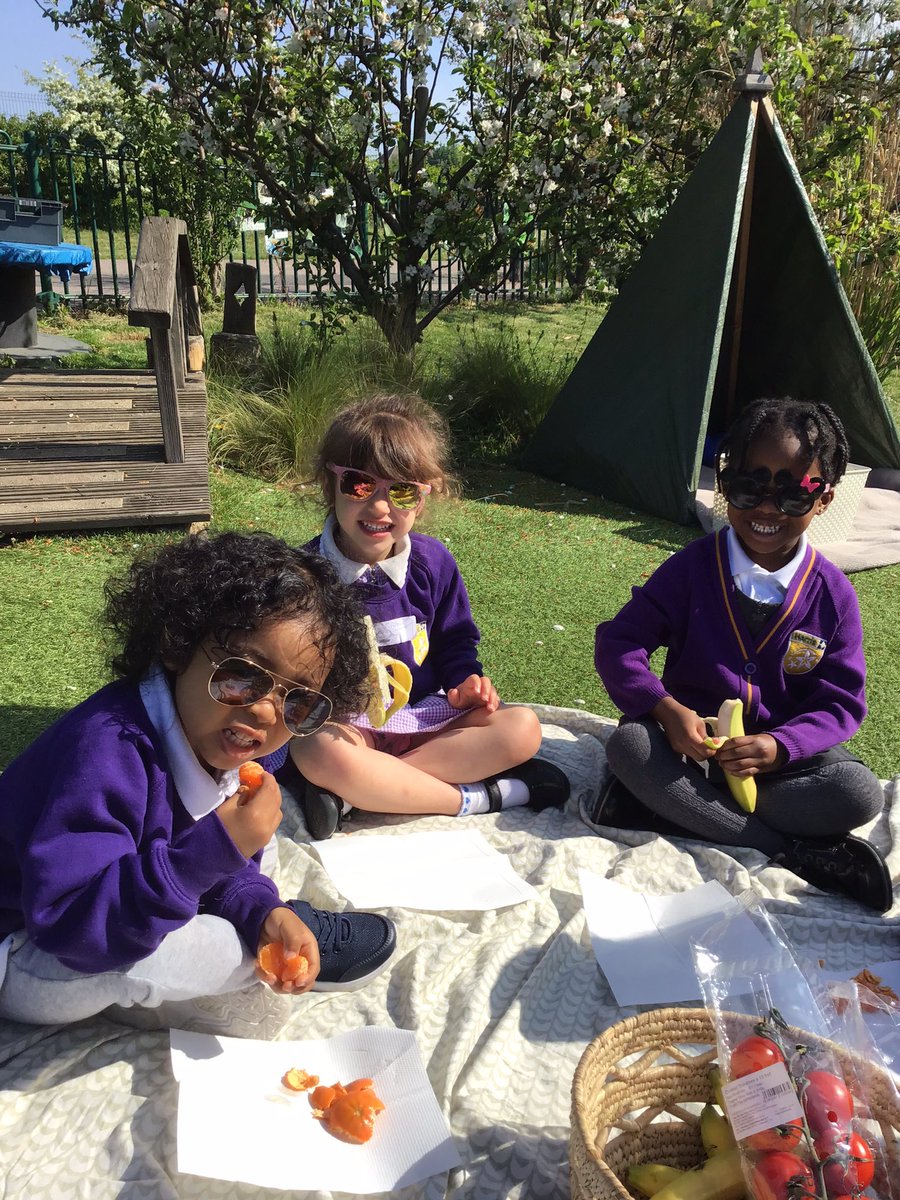Science
Science Intent, Implementation and Impact
Curriculum Intent
At Harris Mayflower, believe that Science is an engaging, enquiry led subject that aims to ensure pupils are equipped to understand the uses and implications of Science today and in the future. The programme of study for Science states ‘A high-quality Science education provides the foundations for understanding of the world through the specific disciplines of biology, chemistry and physics. Science has changed our lives and is vital to the world’s future prosperity. We believe that pupils should be encouraged to recognise the power of rational explanation and develop a sense of excitement and curiosity about natural phenomena.
Mayflower pupils are inquisitive and are not afraid to ask questions! We believe that our pupils need to have a strong base knowledge on which to build and almost springboard their own point of enquiry. We want our Mayflower pupils to not merely be able to repeat facts or memorised knowledge but use this knowledge to ask and begin to answer their own questions.
Implementation
At Harris Mayflower we deliver a Science curriculum that capitalises on the first-hand experiences so that all our pupils can learn about the way things are and why they behave the way they do. Our pupils use a range of secondary sources (books, videos and visits) to reinforce and enrich their knowledge. We believe that skills and knowledge are intrinsically linked in the Science curriculum. Children are involved in a wide range of activities that are practical, relevant, cooperative and satisfying in order to help their understanding of scientific concepts and processes. This includes asking questions, discussing, predicting and planning investigations as well as methods of recording, interpreting and evaluating findings. We aim to link lessons to real life and in so doing we are fostering social awareness, responsibility, resilience and reflective thinking.
In EYFS children follow the early learning goal – the world, should ‘know about similarities and differences in relation to places, objects, materials and living things. They talk about the features of their own environment and how it may differ from other environments. They make observations and explain why things occur and talk about changes.
In KS1 and KS2 pupils receive a discreet Science lesson taught weekly either in their classrooms or in our dedicated science room.
In Key Stage 1 children should ‘experience and observe phenomena, looking more closely at the natural and humanly constructed world around them. They should be encouraged to be curious and ask questions about what they notice. They should be helped to understand scientific ideas and should begin to use simple scientific language to talk about what they have found.
During lower Key Stage 2 pupils should broaden their scientific view of the world around them, they should ask their own questions about what they observe and make some decisions about which type of scientific enquiry are likely to be the best ways of answering them. They should draw on simple conclusions and use some scientific language.
During upper Key Stage 2 pupils should develop a deeper understanding of a wide range of scientific ideas. They should do this through exploring and talking about their ideas; asking their own questions about scientific phenomena; and analysing functions, relationships and interactions more systematically. They should be aware of more abstract ideas and recognise that scientific ideas change and develop over time.
Science is sequenced this way as skills and knowledge are taught in an order that reflects progression and challenge according to the Key Stages.
Impact
The Science curriculum will make a profound and positive impact on the outcomes of every child’s learning. The structure enables us to return to core knowledge and skills throughout the course, imbedding key practises and understanding. Core knowledge of each unit is supported by a knowledge organiser which details the key learning points, vocabulary and key questions this enables children to revisit for knowledge and appropriate vocabulary. It is our expectation that the knowledge on our organiser is known by all. We endeavour to create a strong and appropriate links with other subjects to enhance the curriculum and learning experience.
Each lesson teachers re-cap previously taught knowledge in the form or quizzes and low stakes testing which supports pupils to retain the knowledge that has been taught. At the end of each unit pupils complete a ‘Knowledge is Power’ low stakes test which the teacher then uses to support any pupils that are exiting the unit with gaps in their knowledge.
Shafeena Parveen and Priya Parmar-
Science Leaders




























